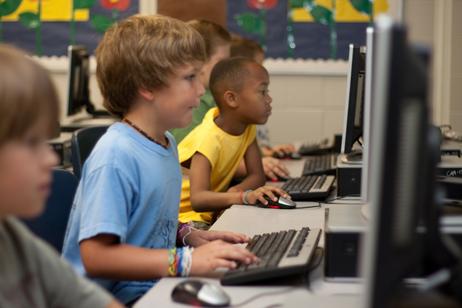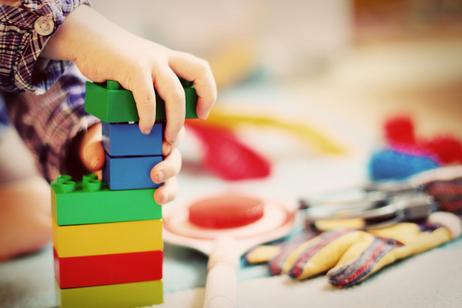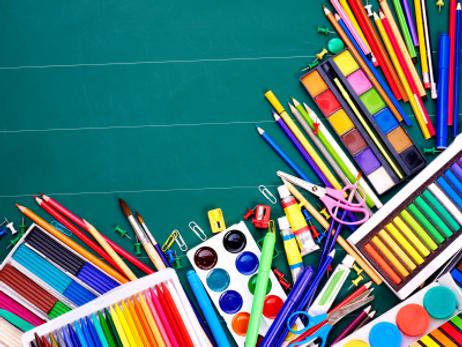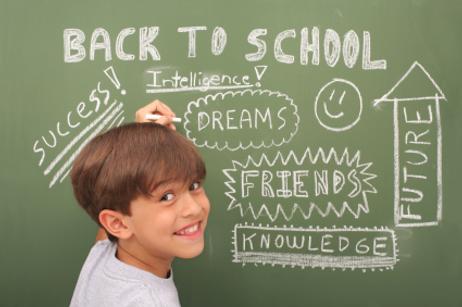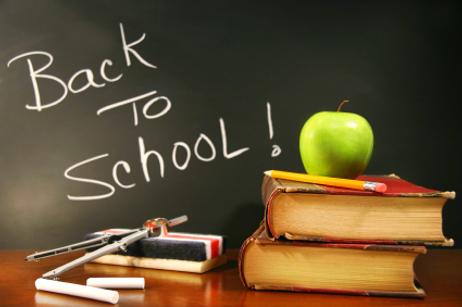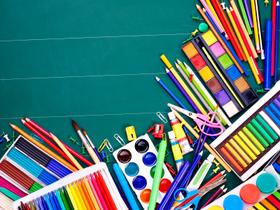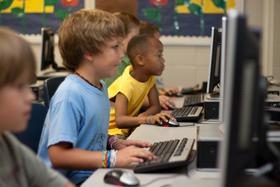After a year and a half struggling to survive a global pandemic, the world is finally starting to get back to normal. Though challenges brought by the rising Delta variant still exist, many schools are planning to return to in-person instruction in the coming fall. This news comes as a welcome relief to parents who have had to juggle supervising their child’s remote education while continuing to work their own jobs.
Though the COVID-19 pandemic left no one unaffected, it exacerbated a number of existing issues within the public school system and created some new challenges. Returning to school in the fall of 2021 won’t be smooth sailing and parents had better start preparing themselves (and their children) now to ensure as seamless a transition as possible.
In this article, we’ll explore some of the effects the COVID-19 pandemic had on public school systems and talk about what the future holds. We’ll also provide helpful tips for students, parents, and educators as they anticipate their return to school in the fall.
Impact of the Pandemic on Public Schools
In March of 2020, the World Health Organization declared the spread of COVID-19 a worldwide pandemic. Being in the middle of their second semester, schools across the country (and around the world) were sent scrambling to make adjustments. Many schools closed for in-person instruction entirely, switching to virtual learning, and many parents withdrew their children from schools entirely in favor of teaching them at home.
In a March

